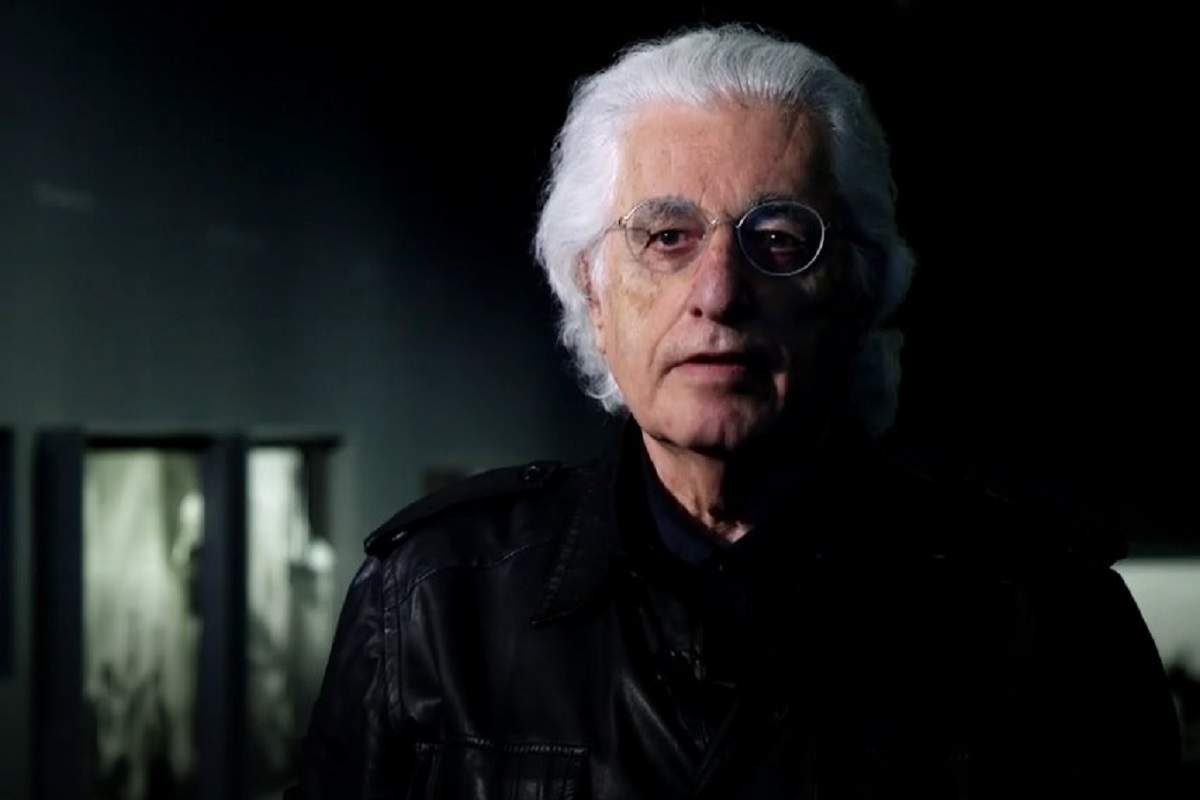Cultural degradation: the evening news ignores the passing of Germano Celant
The news of the death of Germano Celant, one of the most important art critics of the last sixty years on the entire world scene, who passed away yesterday at the age of 80, shook the environment. The same, however, cannot be said of the generalist media, and in particular the television stations: yesterday, in fact, the news was totally ignored by the evening news, except for the regional TG3 of Lombardy, which dedicated to him a short report by Giorgio Moro who, starting from one of his last exhibitions, the retrospective on Emilio Vedova held between December 6, 2019 and February 9, 2020 in Milan, at the Palazzo Reale, traced his career by identifying him as a critic capable of... “launching new talents” (the reference is to Arte Povera artists). In any case, better than the nothingness of the national news, where the information is now totally monopolized by the Covid-19 pandemic, which in some cases occupies all the services of the news edition.
In short, for the evening news, Celant’s death is not an interesting fact, despite the fact that the critic was at the head of a movement that continues to influence the production of so many contemporary artists, more than fifty years later. On TG1, the space reserved for culture was devoted to the video of Annalisa’s latest single, House party, with a brief interview with the Ligurian singer. Instead, TG2 preferred to focus on “art in times of crisis,” with a report on our “need for art that becomes acute in times of crisis” and parallel (!) between today’s virtual tours (with framing on Eike Schmidt moving through the Michelangelo room at the Uffizi) and the rescue of works and monuments during World War II. On the national TG3 there was coverage of culture with a live interview with Sandro Veronesi on the topic of how the coronavirus crisis is affecting the sector. On TG4 there is space only for the coronavirus, while TG5 ’s culture page is reserved for a report dedicated to the 40th anniversary of Alfred Hitchcock’s death and a closing report on Cesare Cremonini’s latest music video (a video “full of special effects and also creativity,” TG5 informs us), Young Stupid, made, TG5 again lets us know, together with his girlfriend Martina Maggiore. Studio Aperto, the Italia 1 newscast, dedicates its in-depth cultural coverage to Uma Thurman’s 50th anniversary and a long report to inform the public how Gaia Gozzi, the latest winner of Amici, is “waiting for the end of the emergency at home”: this is followed by an interview with the singer who “tells about her quarantine.” Finally, on TG La7, as usual, the information focuses exclusively on the coronavirus.
It is better today in the main national newspapers. The Corriere della Sera devotes an entire page to Germano Celant, with a long article by Pierluigi Panza and a remembrance by Emilio Isgrò. The same in Avvenire, where an article by Maurizio Cecchetti recalls the “anti-system Celant and integrated critic.” On La Stampa extensive coverage by Manuela Gandini, while Il Giornale entrusts the memory of the Genoese critic to Luca Beatrice, and Repubblica tackles the subject with a long article by Francesco Bonami dedicated to the “lord of Arte Povera.”
Among the top ten national newspapers by circulation, they differ La Verità, which does not even give news of Celant’s passing, Il Fatto Quotidiano, which remembers him with a two-line blurb (“The founder of Arte Povera passed away at the age of 80 at San Raffaele in Milan, where he had been hospitalized for a month after contracting the coronavirus.” that’s it), while the rest of the cultural page is devoted to the “virtual” edition of the May Day concert and to the 60th anniversary of two novels, Carlo Cassola’s La ragazza di Bube and Alberto Moravia’s La noia, and Libero, which reserves the same space for Celant as the newspaper headed by Marco Travaglio and instead devotes its third page to the Burgo paper mill massacre “kept silent to cover up the partisans’ guilt.” to a proposal suggesting that April 29 (the date of the exposure of Mussolini’s corpse in Piazzale Loreto) be celebrated with the establishment of a “Communist Horror Day,” and to an in-depth look at the Knights of Malta following the death yesterday of Grand Master Giacomo Della Torre. Finally, there was also a blurb in Sole 24 Ore, which remembers Celant as “not only a critic, but an organizer, theorist, talent scout of artists” and “father of Arte Povera.”
Fortunately, there was no lack of institutional remembrance. Minister of Cultural Heritage Dario Franceschini already declared yesterday, “Today the world of culture and creativity mourns the passing of another of its great exponents. Germano Celant, art critic and curator to whom we owe one of the most fruitful Italian creative avant-gardes of the 20th century, leaves an Italy impoverished of his genius and talent.”
 |
| Cultural degradation: the evening news ignores the passing of Germano Celant |
Warning: the translation into English of the original Italian article was created using automatic tools. We undertake to review all articles, but we do not guarantee the total absence of inaccuracies in the translation due to the program. You can find the original by clicking on the ITA button. If you find any mistake,please contact us.





























